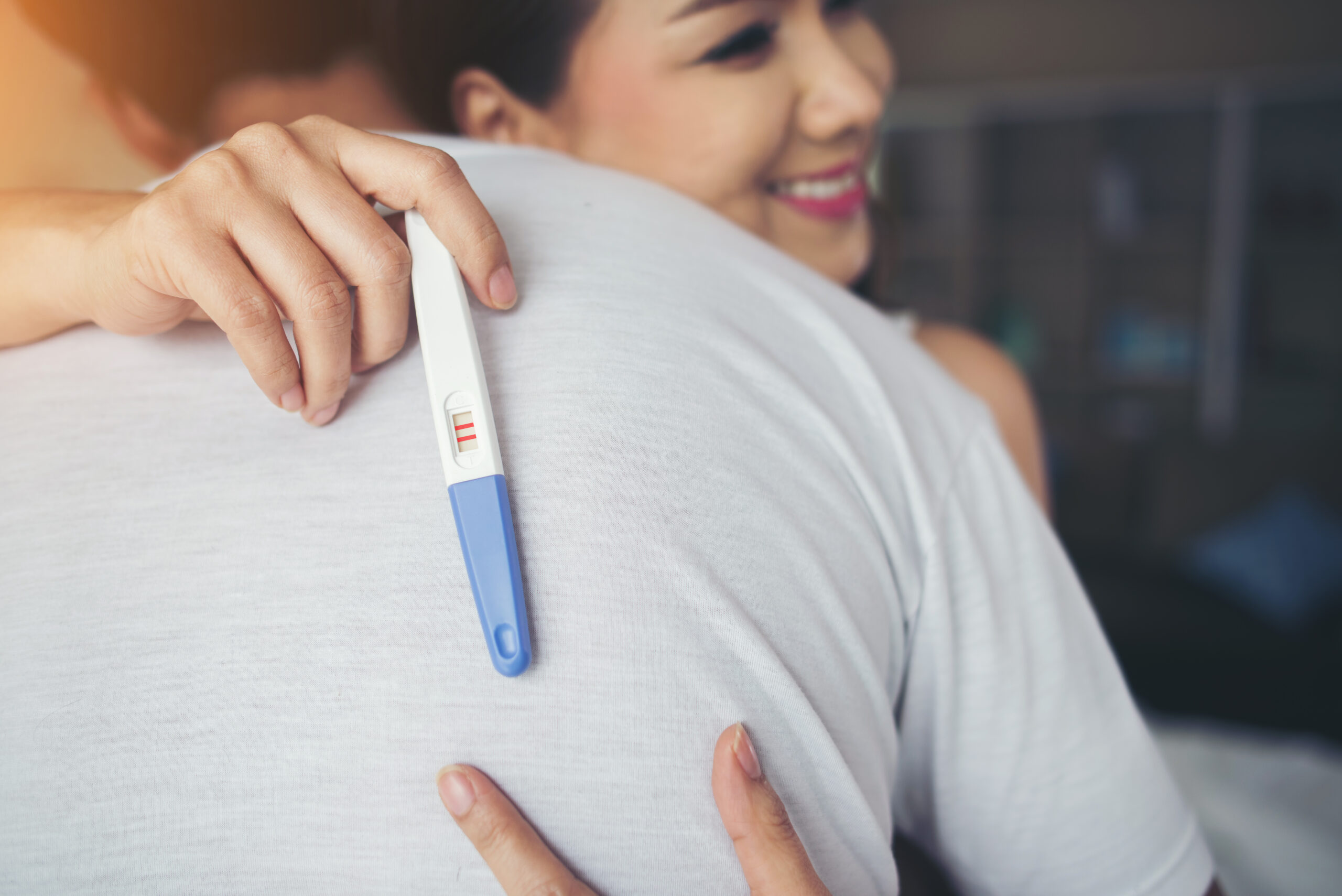Discover when you can take a pregnancy test for the most accurate results. This comprehensive guide covers testing timelines, types of tests, and factors influencing early detection.
Pregnancy testing is an essential step for women who suspect they might be pregnant. Understanding when to take a pregnancy test can help ensure accurate results, reducing anxiety and uncertainty. This article aims to provide a comprehensive guide on how early you can take a pregnancy test, the factors affecting test accuracy, and tips for optimal testing.
Understanding Pregnancy Tests

What is a Pregnancy Test?
Pregnancy tests work by detecting the presence of human chorionic gonadotropin (hCG) in your urine or blood. This hormone is produced shortly after a fertilized egg implants in the uterus.
Types of Pregnancy Tests
- Home Pregnancy Tests (HPTs): These are over-the-counter tests that detect hCG levels in urine.
- Blood Tests: Conducted by healthcare providers, these tests can detect pregnancy earlier than HPTs and measure the exact hCG levels.
For more details on different types of tests, visit Types of Pregnancy Tests.
When Can You Take a Pregnancy Test?
Timing for Testing
The best time to take a home pregnancy test depends on your menstrual cycle and the sensitivity of the test. Here’s a general guideline:
- Before a Missed Period: Some sensitive tests can detect pregnancy as early as 5 days before your expected period.
- On the Day of a Missed Period: For most accurate results, testing on the first day of your missed period is recommended.
- After a Missed Period: Testing a week after a missed period increases the chances of detecting pregnancy accurately.
Understanding hCG Levels
What is hCG?
hCG is a hormone produced by the placenta shortly after implantation. Its levels increase rapidly in early pregnancy. Understanding these levels can help you know when to test.
hCG Levels and Testing Accuracy
- Early Levels: hCG can be detected in urine within 10-14 days after conception.
- Blood vs. Urine Tests: Blood tests can detect lower levels of hCG than urine tests, making them more sensitive for early detection.
Factors Affecting Test Accuracy
Sensitivity of the Test
Different tests have different sensitivities, which can affect when they can accurately detect pregnancy. For more on this, see Understanding Test Sensitivity.
User Error
- Testing Too Early: Taking a test too soon may lead to a false negative.
- Improper Testing Technique: Not following the instructions can result in inaccurate results.
Other Factors
- Dilution of Urine: Testing later in the day may yield more accurate results as urine is often more concentrated.
- Ectopic Pregnancy: Lower-than-normal hCG levels may indicate an ectopic pregnancy.
Best Practices for Taking a Pregnancy Test
Preparing for the Test
- Read Instructions Carefully: Different brands may have unique instructions.
- Timing: Morning is usually the best time to test for the most concentrated urine.
Interpreting Results
- Reading Positive Results: Understanding what constitutes a positive test.
- Negative Results: When to consider retesting or seeking medical advice.
When to Seek Medical Advice
Confirming Pregnancy
If you receive a positive result, it’s essential to confirm with a healthcare provider. Blood tests can provide more definitive answers.
Symptoms to Watch For
- Heavy Bleeding: Could indicate a miscarriage or ectopic pregnancy.
- Severe Pain: Seek immediate medical attention.
Conclusion
Knowing when to take a pregnancy test can greatly influence the accuracy of the results. Whether you’re eager to find out or just monitoring your body, this guide provides the information needed for effective testing. If you suspect you may be pregnant, take the necessary steps to confirm and consult with a healthcare provider for support.
Further Reading and Resources
For additional insights into pregnancy symptoms and health, explore these resources:
